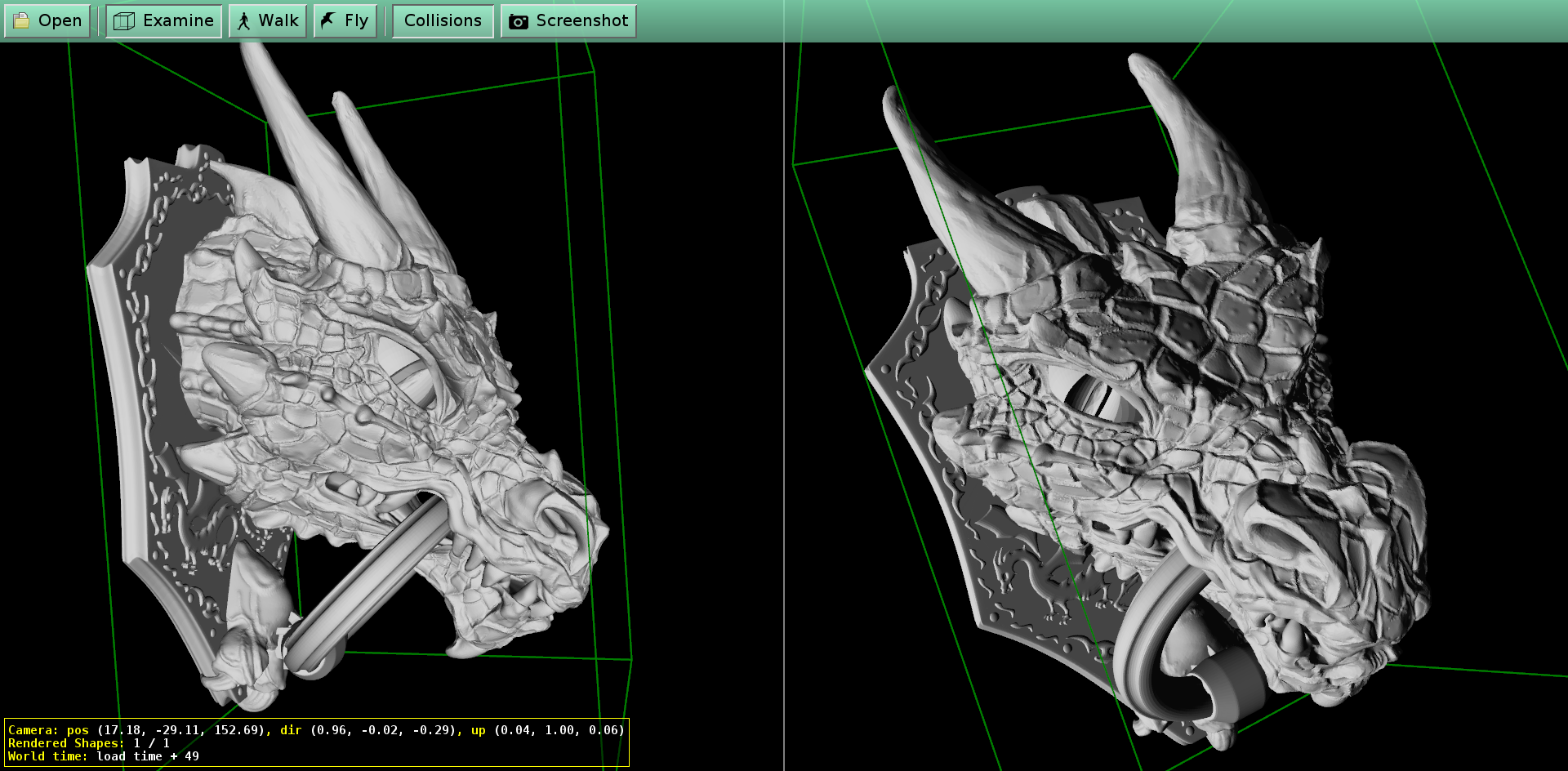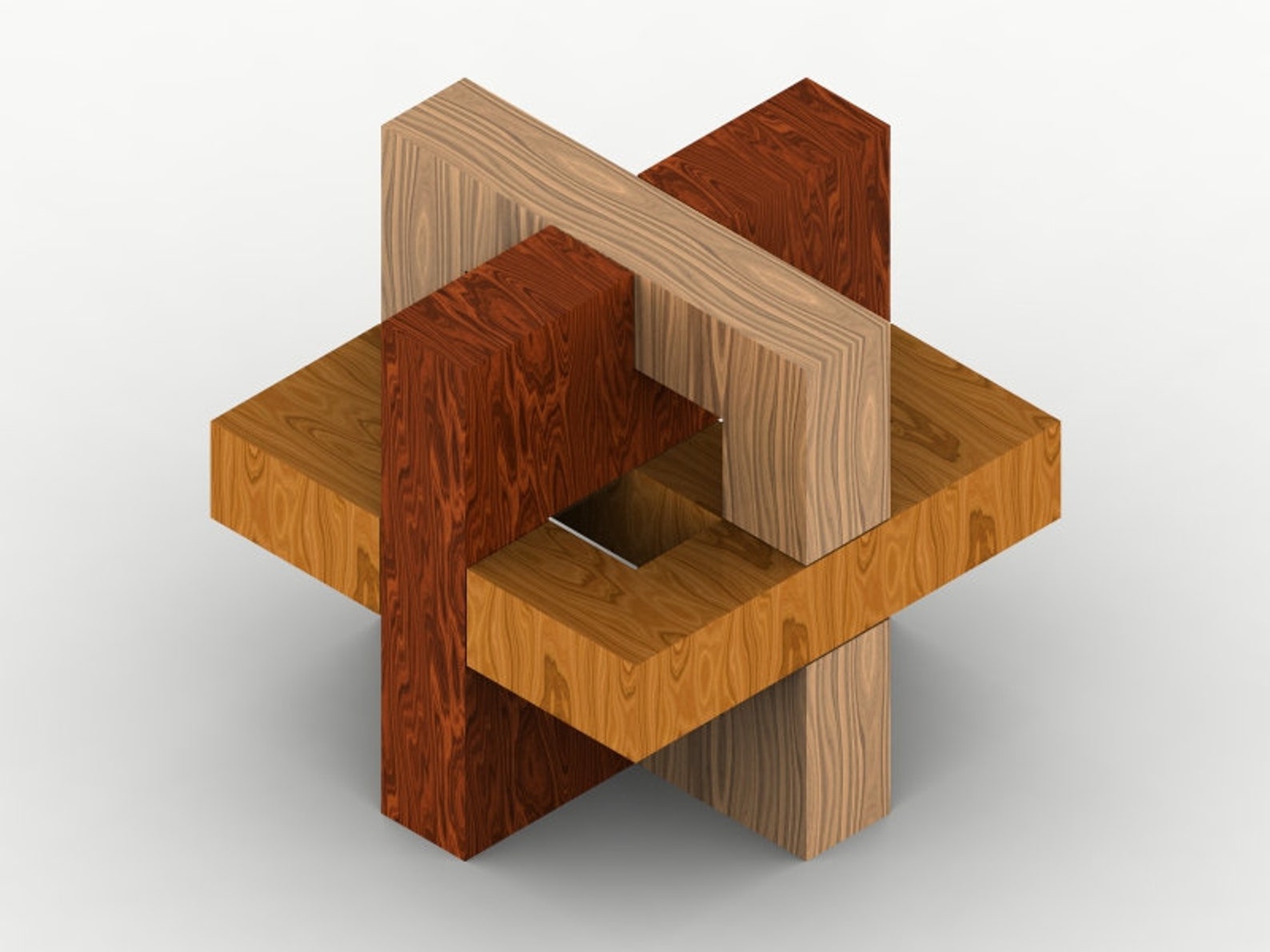


Whatever shape you choose, it’s usually able to produce an accurate model. You can use an STL file to create a wide variety of objects - from lamps and plant pots to drone accessories and camera tripods.Because it’s pretty much universally recognized, it’s a reliable choice for designing and printing your 3D models or objects. Nearly all 3D printers can use and support the STL file format.Read on to learn more about the advantages and disadvantages of STL. However, several of its drawbacks also may mean it’s not always suitable for your needs. The bronze infiltration process also requires the addition of sprues that are broken off and polished away after the infusion.There are many advantages to using the STL file format.The way the bronze is infused can vary and cause color variations in your model and between different models.


This is an indication but it cannot be guaranteed This larger scale will compensate for the shrinkage and as a result, the dimensional accuracy will be ☑%. We advise you to scale up the desired design by 2% for designs where X, Y or Z is below 70 mm and 3% for models which are larger. As the production of your steel model involves a thermal step, shrinkage is something you should take into account.Additionally, using solder will require flux or a flux paint to make sure the parts bond This is typically done for smaller models. If a strong bond isn’t required, you can also silver solder steel parts together with a torch. TIG (tungsten inert gas) welding with silicon bronze filler can be used to weld 3D-printed steel parts together.There is a large chance that your steel model will be ferromagnetic but due to the variable ratio of the bronze infiltrant, it cannot be guaranteed.Due to the nature of the process used in the production of steel, interlocking or enclosed parts are not possible.


 0 kommentar(er)
0 kommentar(er)
